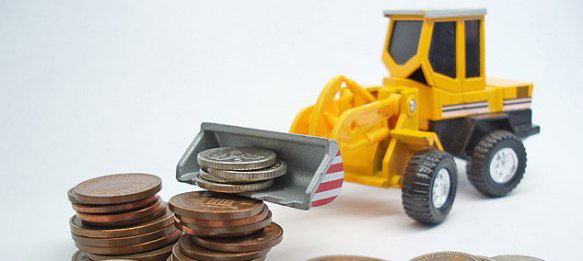Why saving for 10 years pays more than saving for 40 (JAN 2020)

Save from 21 to 30, and then stop. You will have a bigger pension than a saver who starts at 30 and stop at 70.
Which will give you a bigger pension: saving for 40 years or just 10?
Believe it or not, the answer is 10 – if those years are at the very beginning of your working life.
Someone who starts saving at the age of 21 and then stops at 30 will end up with a bigger pension pot than a saver who starts at 30 and puts money aside for the next 40 years until retiring at 70.
We looked at savers who each contributed £200 per month to a pension.
The first, who started saving at 21 and stopped at 30, would have a pension fund worth £515,000 by the age of 70. This assumes that no further contributions were made but that the fund carried on growing at 7% a year, with these gains reinvested in the pension.
The second saver, who starts at 31 and carries on contributing until the age of 70, ends up with a fund worth £497,000, again assuming 7% annual growth.
The total contributions of the early-bird saver come to £24,000 and grow by a factor of 22. The late starter will pay a total of £96,000 into the fund and see his or her money grow a little more than five fold.
A third scenario is perhaps even more startling.
We advise parents/grandparents to begin a pension or other savings plan for children as soon as they are born, sometimes to benefit from the tax relief on up to £2,880 (2019/20) that is available to everyone, even babies. If your parents pay £2,500 a year into a pension for only the first two years of your life – a total of just £5,000 – and the money then remains invested, growing at 7% a year with compound interest until you are 70, a fund worth £551,000 will be the result. Taking into account inflation of around 2.5%pa this is equivalent of around £98,000 at today’s prices. WHAT A GREAT STARTING POINT! The average pension pot in the UK is substantially lower and takes a lot of effort to be built.
Another simple illustration of the unexpected effects of compound interest is to ask how long it takes to double your money if you make compounded returns of 10% a year. The intuitive answer is “10 years” but it actually takes just seven. In fact, to double your money in 10 years requires a compound return of only 7% a year.
“Time is our most valuable asset. Use it wisely".